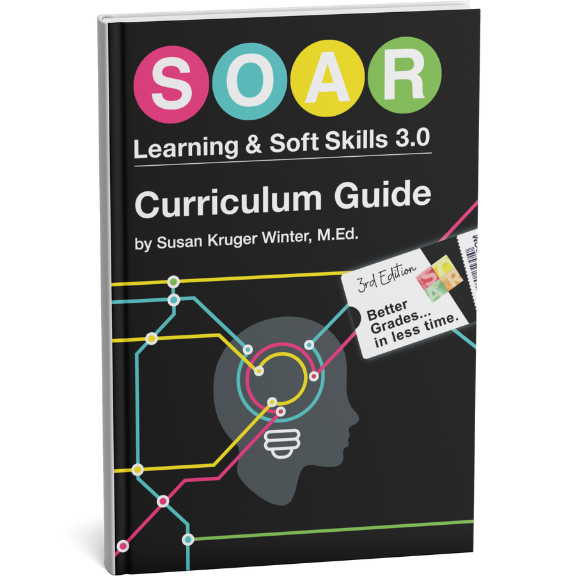Tired of Being Tired? Epiphany on a Ski Lift!
Last winter, I had a life-changing epiphany on a ski lift. I was alone. Had nothing to do or think about. My short legs forced me into a slight slump as gravity tugged on my heavy, dangling, ski-strapped feet.
Swinging like a frozen marshmallow, high in the cold winds off Lake Michigan, I wondered, “Why do I do this to myself?”
I’m not gonna lie… I know it was good for me, but it was a massive effort to be patient with the nothingness! Moments passed, feeling like an eternity.
Suddenly, I realized I felt *good* that day. My energy level felt “normal.” I had NOT felt like I was in my perpetual fog.
Then I realized that I had a good night’s sleep the night before. Then I realized that I actually *wanted* to sleep the night before…because I felt tired. “But, I’m always tire—,” I thought, before I interrupted myself.
“No, last night, my *body* was tired!”
The day before, I had been on the ski slopes all afternoon, swam for an hour, and got an extra 45-minute workout I wasn’t expecting. (I attempted to stretch my soon-to-be aching muscles with a yoga video that was much more intense than I expected!) So, yes, my body was t-i-r-e-d!
And in that moment, I suddenly FELT the difference between fatigue (mental) and exhaustion (physical). I think we are all aware of the distinction at some level, but that moment made the difference between the two crystal clear.
Why Is The Distinction Between Fatigue & Exhaustion Important?
There are many reasons why this awareness struck me so significantly. Most important, I had been assuming for years that my fatigue was a lingering symptom of Lupus/Rheumatoid Arthritis… a physical symptom. But, maybe I had been targeting the wrong problem.
On average, our brains represent only 3% of our body weight, but consume 20% of our calories. The brain is not “Energy Star” rated! So, it was completely plausible that my chronic fatigue was really chronic brain-drain.
I suddenly understood that I had been missing a critical piece of the puzzle; I needed to manage my “mental” energy better.
I’m Not Talking About Restrictive Diets or Massive Lifestyle Changes
Fortunately, “managing brain energy” is a lot easier!
I am going to make a confession right now. My health and lifestyle are NOT perfect. I’m a very picky eater. I occasionally pull all-nighters to get work done. I keep a bag of Chips Ahoy in my pantry and will eat at McDonald’s every now-and-again. And, I really like my Diet Coke. (My one and only vice). More than once, I’ve been lectured about Diet Coke, only to find the lecturer outside having a smoke later that night or another posting about weekend party habits just a few days later. So…
…my mantra is “everything in moderation.” I do keep my fridge stocked with fruits and veggies. I concentrate on small portions at meals. I drink a lot of water. And, I try to stay aware of my purpose for eating.
I am always trying to improve my health and well-being, but the vast majority of tips that flood magazines and blogs this time of year are far too radical for most people to make an effective, long-term commitment.
As always, I am drawn to simplicity.
Small Hinges Swing Big Doors!
This distinction between physical and mental energy was also significant because I was just starting to understand how the brain works, on an “individual neuron” level. It sounds complex, but it’s actually quite simple.
Do you know what happens when you flip a switch, breaking the flow of power to a light? The bulb goes off. It’s a simple as that. The circuits in your brain work exactly the same way.
The goal for managing mental energy is to: provide adequate power to keep brain circuits connected, identify when the brain is having a power shortage, and know how to fix it.
Yes, the standard rules still apply: the more exercise you do, the more sleep you get, the healthier you eat and the more water you drink… the more power to your brain.
But, you don’t have to be “perfect” at any of them. And, even if you are, you would still be missing a critical element in the fight against fatigue because none of those things ensure that the brain circuits are connecting properly.
There Are Several Simple, Strategic Ways to Boost Your Energy Quickly!
I recently hosted a webinar on How to Beat Fatigue and Increase Productivity. I started with a brief and simple explanation about how your brain works so you can better understand –and identify – brain boosts from brain drains.
Then, of course, I shared a menu of tips and strategies that help manage brain energy more efficiently: you choose the ones that you like best!
Who would have guessed that a lonely, cold ride up a ski lift could be so powerful? Life is never dull!
Talk to you tomorrow!
-Susan Kruger
Editors Note : The webinar is no longer available as of March 30, 2015.
EB 080317
Six Steps
Conquer the Chaos
Get Our Free Guide & Information on...
 How to Organize & Motivate Students for Success
How to Organize & Motivate Students for Success
"*" indicates required fields
Get Our FREE Curriculum Guide!
The SOAR® Curriculum
The most critical learning, organizing, and communication skills needed for school. Learn more here.
Who’s Using SOAR®?
SOAR® Guarantee
Click here to learn more.




